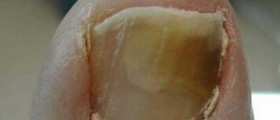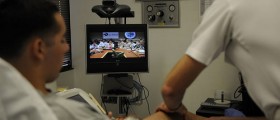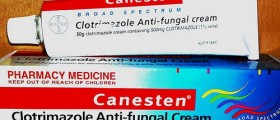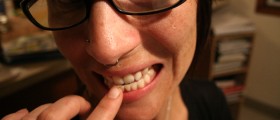
Information on Fungal Nail Infection
The fungal infection of nails is a quite common medical condition which can be easily recognized by unsightly, thickened and sometimes painful nails. The infection requires the certain types of medication in order to be treated properly. Fungal nail infection may be caused by numerous different factors. It can be spread from a fungal infection that previously affected the skin which surrounds the nails.
It can also be spread from a toenail infection by means of constant scratching of the itchy toenails and toes. Fungal nail infections are more likely to occur in people who wash their hands frequently or have their hands in the water for prolonged periods of time. Damaged nails are also more prone to numerous different types of infections than the normal, healthy ones.
Various medical conditions can trigger a fungal nail infection. Those conditions include diabetes, a poor immune system, poor circulation, psoriasis and a poor overall state of health. Smoking can also contribute to the development of fungal nail infections. Fungal nail infections can also sometimes get triggered without any particular reason or cause.
The infection may affect one or more nails at the same time. The nails get thicker and discolored. Severe cases of fungal nail infections may be painful and they may involve patches on the nailbeds. Nails may come away and the skin that surrounds the nail may get inflamed. The nail and the nailbed may get destroyed if the infection does not get treated on time. In order to diagnose a fungal nail condition the doctor needs a nail sample to be tested at the laboratory.
Treatment
One of the options is to actually leave the fungal nail infection untreated. This can only be done in mild cases which do not involve any severe symptoms. Painless infections are usually harmless and do not require any treatment. Sometimes the treatment is not that efficient especially when it comes to the visual appeal of the infected nails. Sometimes the medications can trigger certain side effects.
The treatment is a must if any of the aforementioned symptoms become really bothersome. People who suffer from diabetes, connective tissue disorder and vascular disease should treat the infection too. The fungal nail infection needs to be treated with certain types of antifungal medications such as terbinafine and itraconazole.
Sometimes a good alternative can be found in antifungal nail lacquers which can also be used for the prevention and treatment of fungal nail infections.










_f_280x120.jpg)






Your thoughts on this
Loading...